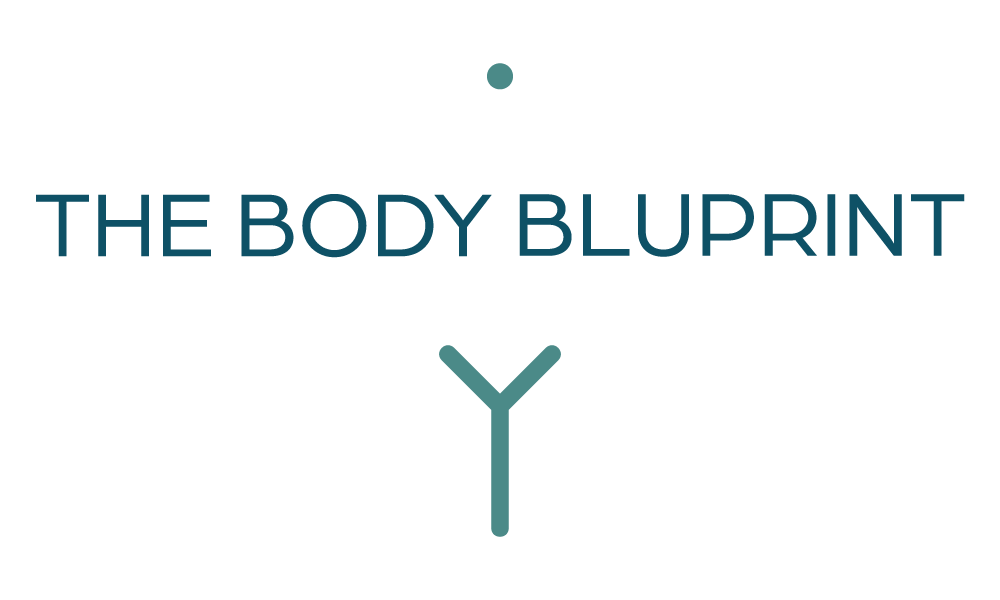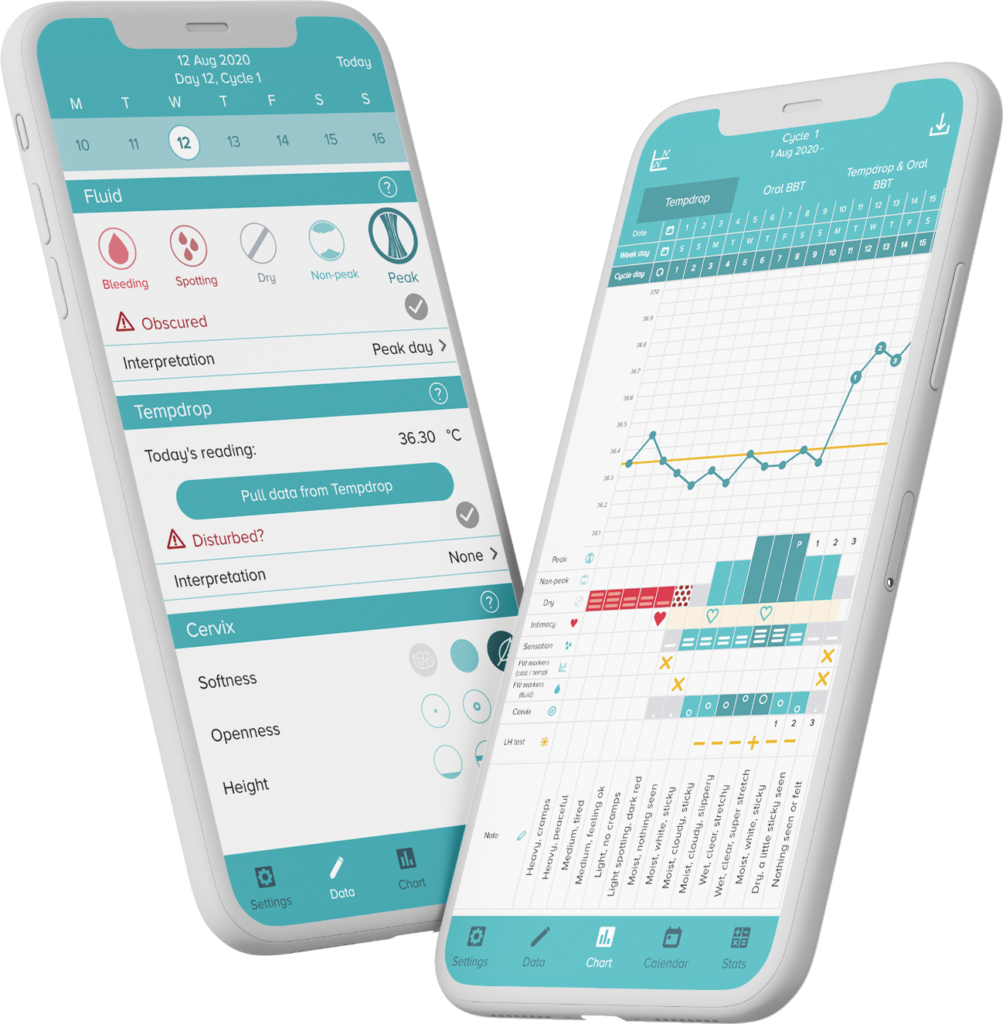When it comes to overcoming infertility, in my opinion, there is no silver bullet. Many supplement manufacturers and people in TTC forums might paint a different picture, but in reality, it’s so much more than that.
I experienced infertility for 4 years. During this time, I went through rounds of IUI and IVF in addition to intrusive surgeries to rule out condition after condition. Ultimately, I became pregnant naturally and now have a beautiful and healthy 3-year-old boy.
I’ve put together the key things that I incorporated on my journey that helped me get to the root cause of my fertility struggles and conceive on my terms, and you can do it too.
Learn to chart your cycles
Learning to chart your cycles with the fertility awareness method is so much more than just tracking when your period arrives and departs. By learning to chart my cycles, I was able to determine that I had an incredibly long follicular phase within my cycle (delaying ovulation) which, combined with other cycle irregularities and symptoms, led to a diagnosis of PCOS. Not only was I able to understand how un/healthy my cycle was, but I was also able to understand where in that long cycle I was actually fertile and time sex properly.
To learn to chart your cycles, you will need a good resource like Taking Charge of Your Fertility by Toni Weschler, or you can opt for a fertility awareness educator. You will also need a thermometer. Any ovulation thermometer will do just fine, but if you want to opt for a great piece of tech, the Tempdrop is an excellent product that takes a lot of the pressure off, having to wake at the same time each day, and generally makes temp checking painless. Use code BODYBLUPRINT at checkout for a 10% discount.
Connect with a holistic health practitioner
Before finding a natural fertility practitioner, I was turned away from 3 GPs, who all told me there were no issues. They didn’t order testing; they didn’t ask me about the inner workings of my cycle, just sent me on my way to keep trying (the one asking me to return in 3 years- 3 YEARS!)
When I found Jayne, my fertility practitioner, she not only did she intorduce me to charting my cycles, but she ordered testing and started prescribing me targeted supplementation and herbal remedies that helped me restore my depleted nutrients after years of hormonal birth control.
A natural or holistic practitioner will look at your case with wider lenses, taking into consideration all of life’s effects on fertility. They will prescribe you the appropriate and targeted supplements (if needed) and save you time and money in the long run.
Address endocrine disruptors
Many chemicals, both natural and man-made, mimic or interfere with the body’s hormones (endocrine system), wreaking havoc on your natural hormone function and, in turn, your fertility.
We are exposed to not only thousands of different types of chemicals but also unknown combinations of so many different types of chemicals it is impossible to know the real damage these could be causing to our fertility and overall health.
Chemicals can also negatively affect sperm quality and also may affect the health of a growing baby. A document published in 2012 by the World Health Organisation stated that around 40% of young men have low semen quality.
Toxins are, unfortunately, everywhere. They’re in the food we eat, the water we drink and the air we breathe, but there are many things we can do to reduce the amount we are exposed to and improve our health and fertility.
My top tips for reducing endocrine disruptors
Choose organic foods where ever you can
Do away with unnecessary beauty products
Get rid of chemicals in your home
Swap out plastic containers for glass or stainless steel
Never heat your food in plastic
Stop using garden chemicals/herbicides
Get a water filter that removes harsh chemicals and fluoride
De-stress
When we think of stress, we typically think of the kind that comes from managing tight work deadlines or the type that stems from navigating significant changes in life like moving house or changing jobs. The fact is, stress can come in a variety of forms. Stress is essentially when the body perceives it cannot cope with what you are demanding of it.
There are dozens of studies linking stress to lower rates of conception. More recently, a 2018 study from Boston University School of Public Health found higher stress levels are associated with lower rates of conception in women.
So, what we know is high or sustained levels of stress can cause ovulation to be delayed or skipped altogether. These are things that, with the knowledge of charting, you will be able to see happening in real-time; if your body is experiencing stress, you will be able to take action and implement changes that can make a positive impact on your health and fertility.
Tips for managing stress
Get enough sleep
Reduce caffeine intake
Get the right amount and type of exercise
Explore meditation and mind fullness
Move (the right way)
Too much high-intensity exercise can put significant stress on the body, with studies showing that exercise increases cortisol in the body. Don’t get me wrong, we should aim to move our bodies every day, but it’s important to listen to your body and take notice of your charts to work out what kinds of exercise are best for you and your levels of stress. If stress or anovulatory cycles are already an issue for you, it may be beneficial to change the kind of exercise you are doing or reduce the frequency or intensity of exercise. I, for one, was doing CrossFit 4 times a week (with known adrenal issues), and I had to bite the bullet and change up my exercise to walking and weights instead.
This topic can be a hard one to wrap your head around, as we know how important exercise is for health and wellness, but too much stress on the body when you are trying to conceive will have an impact. It is important to be aware of the part this can play in our fertility and make changes if you feel they could be an issue for you.
Episode 335 of the Fertility Friday Podcast” titled ‘Syncing Your Exercise Routine with Your Menstrual Cycle’ is an excellent starting point for exploring this more.
Hannah x




